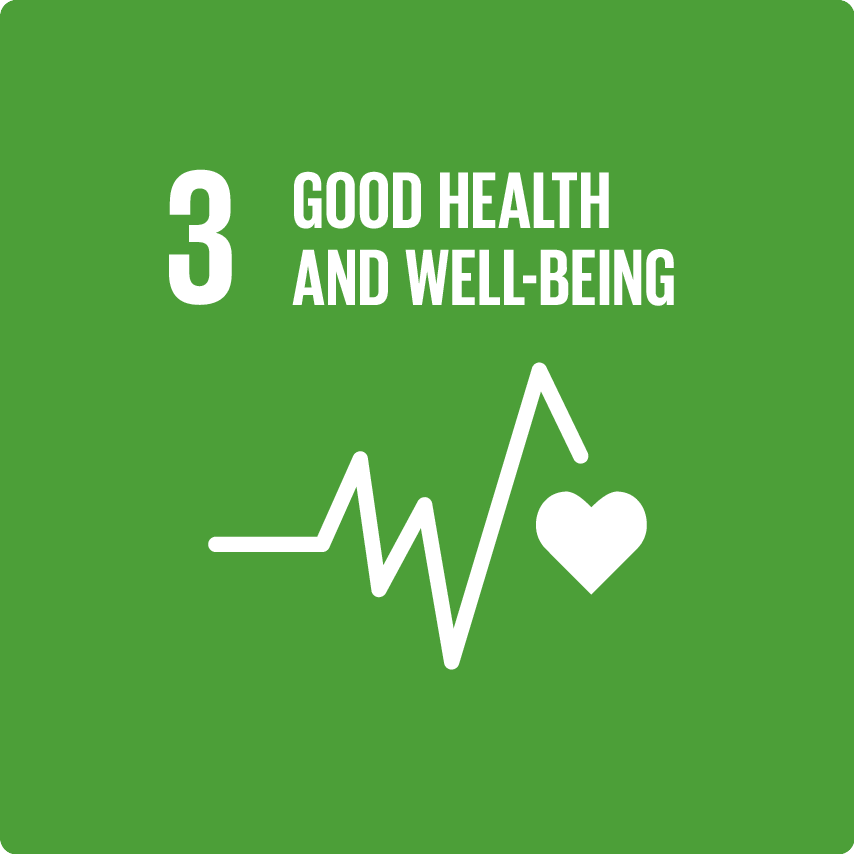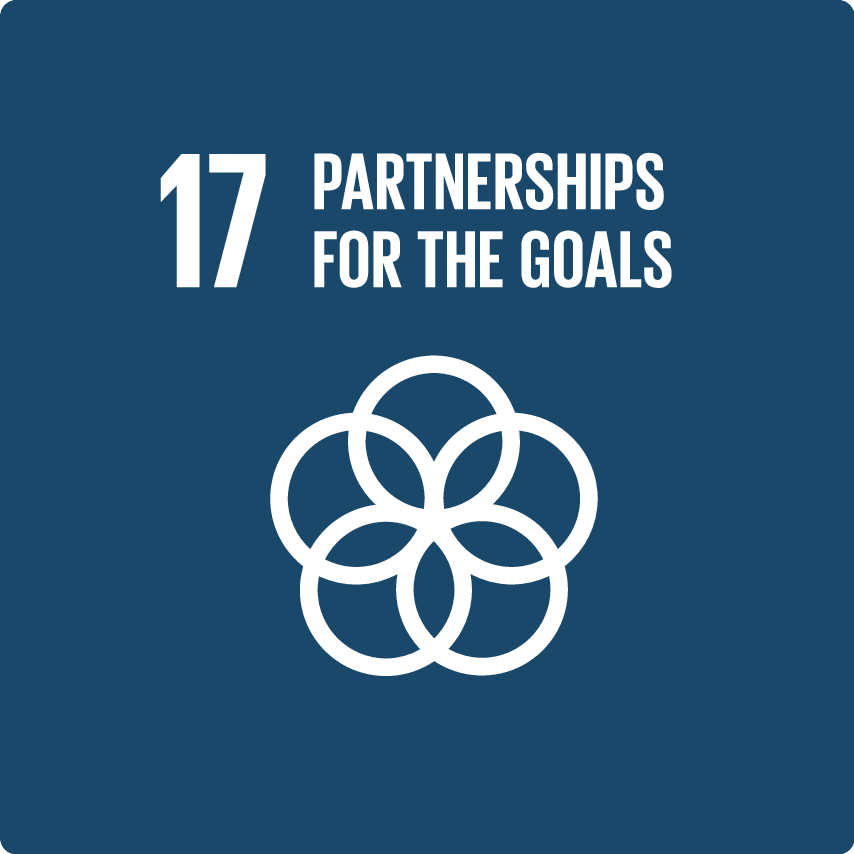WHO Antifungal Medicine Donation Project
Gilead has worked closely with the World Health Organization (WHO) and non-governmental organizations since 1992 to provide antifungal medication to countries in which visceral leishmaniasis (also known as kala-azar) is endemic.
SEE ALL PARTNER ORGANIZATIONS
Objectives
To provide our antifungal medication, AmBisome, to countries in which VL is endemic, in alignment with the WHO goal of eliminating VL in endemic countries by 2020.
Visceral leishmaniasis is one of the deadliest parasitic diseases in the world, responsible for approximately 30,000 deaths each year. Gilead has worked closely with WHO and non-governmental organizations since 1992 to provide antifungal medication to countries in which the disease is endemic. The program operates in Bangladesh, Ethiopia, India, Kenya, Nepal, Somalia, South Sudan, Sudan and Uganda as well as other countries in the Eastern Africa sub-region and South East Asia where visceral leishmaniasis is endemic. Over 90 percent of new cases are reported from just seven countries: Brazil, Ethiopia, India, Kenya, Somalia, South Sudan and Sudan. However, just six years ago, case estimates ranged up to 300,000 cases per year.
Gilead is one of 20 original endorsers of the ‘London Declaration’ on Neglected Tropical Diseases – a collaborative disease elimination and eradication program inspired by the WHO’s 2020 roadmap to eradicate neglected tropical diseases.
In 2011, Gilead donated 445,000 vials of antifungal medication to treat more than 50,000 people over five years and provided funding to expand the number of visceral leishmaniasis treatment centers available. In 2016, Gilead provided $20 million in additional funding and drug donations to expand access for diagnostic services and visceral leishmaniasis treatment. In 2022 Gilead extended the collaboration for three years, which will provide $11.3 million in funding and drug donations. Gilead’s current agreement to support WHO’s leishmaniasis control program extends through 2025.
This long-standing collaboration has significantly contributed to reducing visceral leishmaniasis morbidity in South East Asia, which has declined by more than 82 percent while the case fatality has decreased by 95 percent. An estimated 50,000-90,000 new cases occur each year, which underscores the need for continued collaboration and commitment.
In addition to treatment, the program also includes funding to support countries’ national plans and to enable WHO to expand and reinforce surveillance and control efforts in highly endemic areas, including creating a sustainable infrastructure to improve diagnosis and treatment of visceral leishmaniasis. Gilead also coordinates additional capacity building initiatives to combat visceral leishmaniasis in affected countries and to educate healthcare professionals.
Results and milestones
Since 2011, Gilead has donated more than 800,000 total vials of antifungal medicines for this program.
The following results were shared at the 2018 Neglected Tropical Diseases Summit:
The proportion of visceral leishmaniasis cases treated with antifungal medicines has increased from less than 10 percent in 2012 to 94 percent by 2016. As a result of Gilead’s support, approximately 270 health facilities are equipped to diagnose visceral leishmaniasis, provide cold chain storage and administer antifungal medicines in Ethiopia, Sudan, South Sudan, Bangladesh, India and Nepal – compared to less than 15 in 2011. This network of health facilities covers approximately 268 million at-risk individuals in regions where approximately 400,000 new cases of visceral leishmaniasis are identified each year.
South East Asia has seen a significant decline in visceral leishmaniasis cases during the 16 year period (2005-2021). There has been a 91% decline in visceral leishmaniasis since the launch of the donation program in 2013.
In October 2023, the WHO announced that Bangladesh eliminated visceral leishmaniasis as a public health threat. India may become the next country to eliminate the disease, with exceptional progress against visceral leishmaniasis in recent years; cases have decreased by 98% since the start of intensified treatment and prevention programs in 1992.
Geographic Reach
- Africa
- South-East Asia
Disease Area
- Infectious and Parasitic Disease
Target Population
Partner organizations
Additional resources
- Gilead Sciences and the World Health Organization Announce Five-Year Visceral Leishmaniasis Collaboration
- Visceral Leishmaniasis in the Developing World
- Gilead Sciences and World Health Organization Establish New Five-Year Initiative to Prevent Deaths from Visceral Leishmaniasis
- Bangladesh eliminates visceral leishmaniasis
Geographic Reach
Africa
- Ethiopia
- South Sudan
South-East Asia
- Bangladesh
- India
- Nepal
Disease Area
Infectious and Parasitic Disease
- Neglected Tropical Diseases (NTDs)

